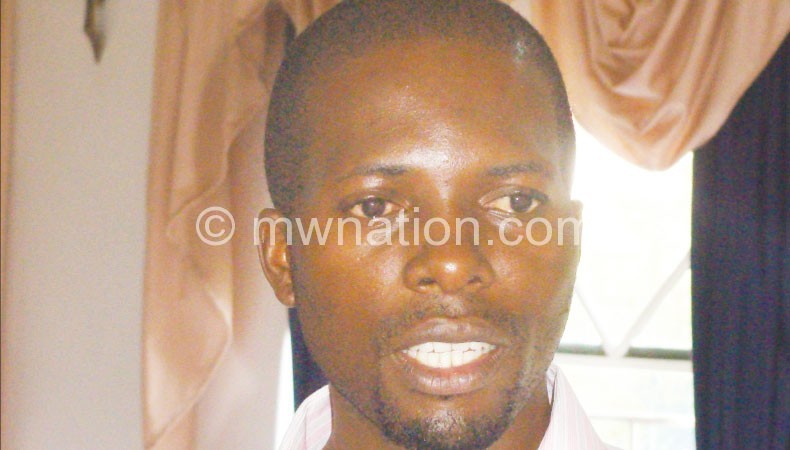IMF positive on Malawi
The International Monetary Fund (IMF) says preparations are at an advanced stage to bring the fifth and sixth reviews of the Extended Credit Facility (ECF) for Malawi to the attention of its Executive Board mid next month.
Completion of the two reviews could bring the IMF-supported programme—which involves total lending of $147 million (about K66 billion)—back on track after a series of delays connected to the Cashgate and policy implementation.

He said: “Barring any unforeseen developments, we expect to bring the fifth and sixth reviews of the ECF-supported programme to the attention of the Executive Board in the second week of March. This will bring the programme back on track.”
Approved in July 2012 and envisaged to phase out in November 2015, the ECF was declared off-track in 2011 following resistance by former president the late Bingu wa Mutharika to devalue the local currency and implement public finance management reforms.
IMF last released funding to Malawi in January 2014 when it tranched $20 million (about K9 billion) following successful completion of the third and fourth reviews of the country’s economic performance under the programme.
The tranche brought the total disbursement from the IMF to $79.8 million (about K36 billion).

Said Msowoya: “Now we are able to do day-to-day reconciliation with RBM [Reserve Bank of Malawi]. We have also strengthened the Integrated Financial Management Information System [Ifmis] software and we are moving towards the replacement of the current old version of Ifmis software to make sure that it becomes robust.”
He said following recent reviews by the IMF, government has been struggling to meet some targets on net domestic assets of RBM and on net domestic borrowing by government.
However, Oestreicher described the 2014/15 Mid-Year Budget Review as “an appropriate response to current macroeconomic conditions” and said the budget revisions were in line with the discussions that had been held between the IMF and authorities.
But he observed that the under-collection of government revenue and grants in the first half of the fiscal year was a concern.
In the first half of the 2014/15 fiscal year, total revenue and grants were targeted at K313 billion at end of December 2014, both domestic revenue and grants underperformed by K36.6 billion, according to Finance, Economic Planning and Development Minister Goodall Gondwe.
Oestreicher said conditions were favourable to bring inflation onto a downward trajectory in the months ahead.
“These conditions included the recent strengthening of the exchange rate and the fall in international energy prices, both of which would exert downward pressure on traded goods prices,” said the IMF Malawi boss.
In addition, Oestreicher said adherence to the fiscal plan and a continuation of the current stance of monetary policy would moderate overall demand and keep non-traded prices under control.
“In the months ahead, food prices would also ease with the harvest, adding a further impetus to disinflationary tendencies,” he added.
He foresaw significant potential for the macroeconomic situation to evolve favourably over the next year provided fiscal, monetary and structural policies are implemented as planned.

Added Munthali: “This could bring back donor inflows as soon as commencement of the next fiscal year [July 2015]. The important thing for Capital Hill to mind though would be not to sit back and relax, but to continue with the strides being made in the area of prudent macroeconomic management and fiscal discipline.”
Earlier this month, the African Development Bank (AfDB) also hinted that it could resume budget support to Malawi in April on condition that the IMF programme is restored and government completes the Public Finance Management (PMF) plan.





